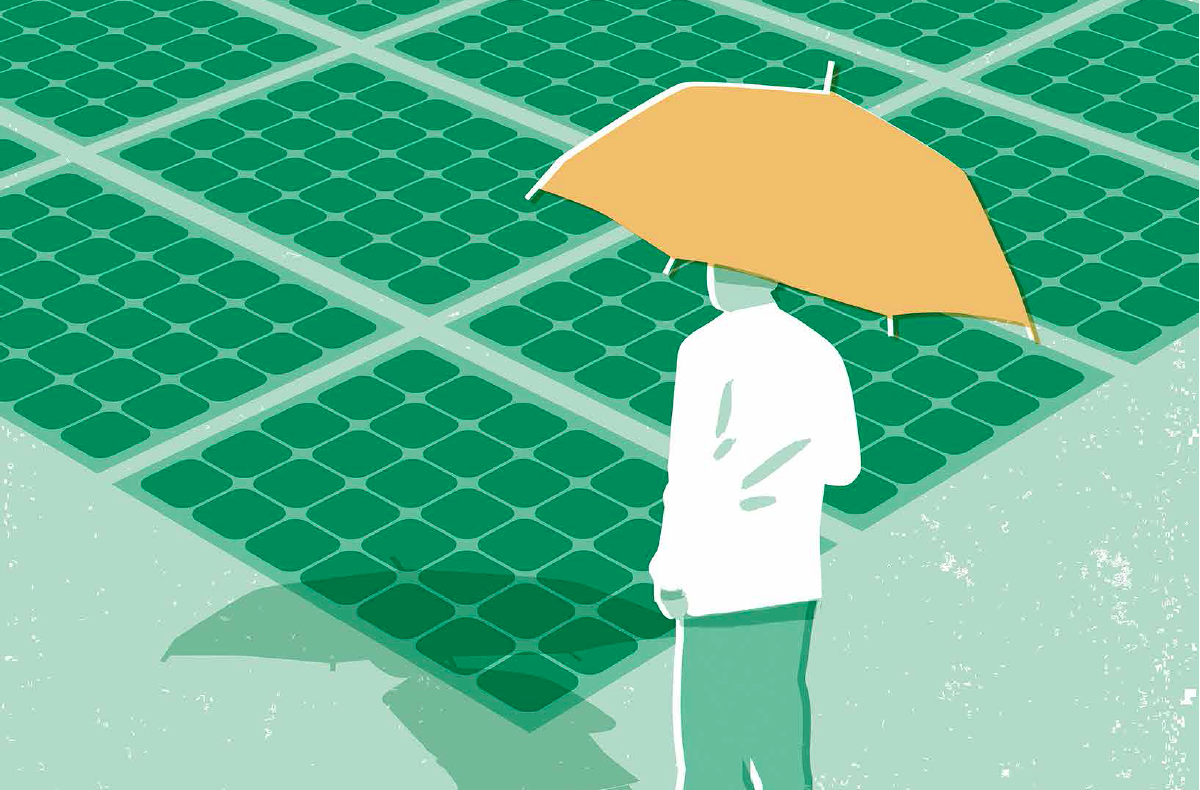
When talking about Internet of Things, usually the first thing that comes into your mind is technology. Sensors, electronics and networks. Throw a bit of software in the mix and you’re all set, right? Not exactly.
In the future, new technologies will emerge and yes, they are a fundamental part of the Internet of Things. Technology enables us to combine physical and digital realms. Digital will become physical as much as physical becomes digital.
The aforementioned development, however, is not just about technology.
It is actually more about society.
Yesterday Demos Helsinki published a scenario report The Future as Told Through the Garden and the Streets. It is the first in a series of Naked Approach research project publications, concentrating on future society and business in the hyperconnected world.
The publication enlightens the development of the Internet of Things: It is already on its way to become the Internet of NO Things, merging into our everyday lives and surroundings. And like any other societal development, this one has its burden as well. The publication lists five key tensions of the hyperconnected world. The outcomes of these tensions will shape the future of our society.
Five key tensions of the hyperconnected world
1. Possibilities vs. capabilities
There will be a significant global increase in accessible information in the future. But there is no neutral technology. The access to information and the possibility to use all kinds of technologies doesn’t necessarily mean a capability to do so. The new world will be defined by complex network systems, internet of things and connected devices. It is twisty and the ones that understand the system certainly have more power in the future.
2. Liberation from work vs. end of work
Routine work is disappearing. The disappearance of jobs doesn’t only affect the so called blue-collar workers. Academic professions are also endangered. Does automation and robotization mean liberation from work or the end of work?
3. Limited resources vs. human wellbeing
Ever since the Limits to Growth report was published by the Club of Rome in 1972, the inevitable limits of the planet have been well known. The defining correlation of our time is the correlation between the unsustainable use of natural resources and human wellbeing. To be able to live full and happy life in the future, we must seek ways to end this dependence.
4. Converging markets vs. fragmenting structures
Multiplying computing power will revolutionize the forms of ownership. Digitalisation redefines the boundaries of many industries. In the future attention and data can be more valuable assets than money. Market’s can converge, and be soon run by just a few technology conglomerates.
5. Liberties vs. security
The changes leading to hyperconnected world will shape our values and identities. Because of global emerge of the internet, individuals can find an ever-growing number of online communities and contacts. Will this change the way we see yourselves?